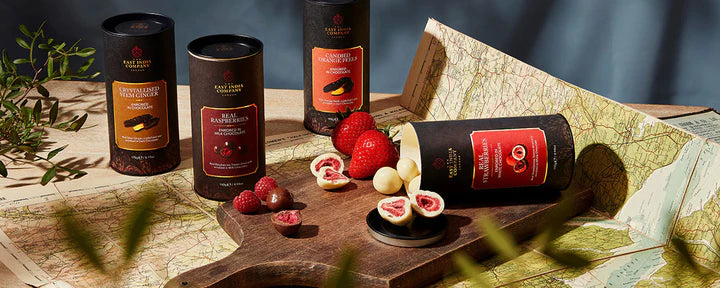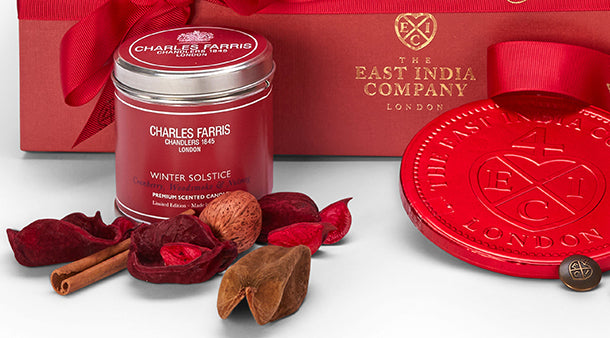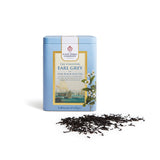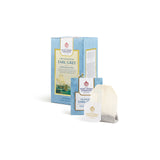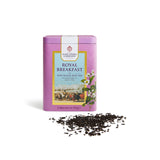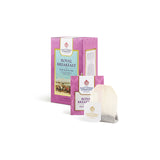Stories
The Story of Ceylon Tea
Tea had first been planted in 1840 on the estate of Sir Anthony Oliphant, Chief Justice of Ceylon in the central high land of Nuwara Eliya, under the supervision of The East India Company, but it was Taylor who commercialised the industry. After gaining some years of planting experience, Taylor cleared 19 acres of forest in the Loolcondera Estate in the Kandy district and in 1867 planted tea in hedge-like rows using seedlings from the Assam tea plant.
Known for high quality, Ceylon teas commanded a high price in the London tea auctions of the 19th century.
Taylor died aged only 57 but is still today regarded as the pioneer of the now global Sri Lankan tea industry, the 4th largest producer in the world.
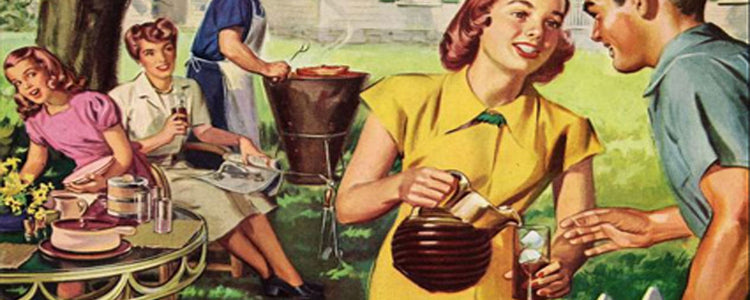
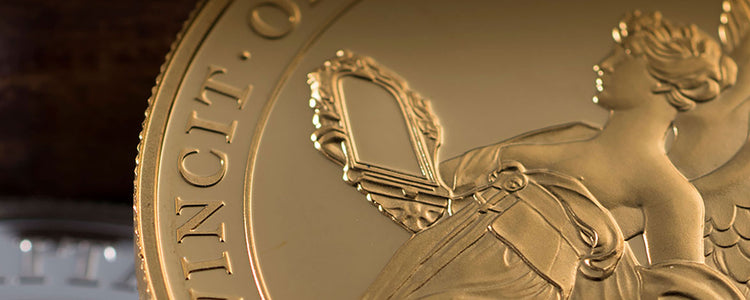
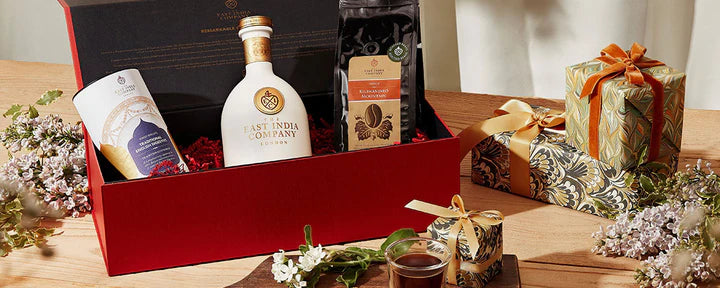
 Ceylon / Sri Lanka
Ceylon / Sri Lanka Assam, India
Assam, India Japan
Japan Taiwan
Taiwan Nepal
Nepal China
China Kenya
Kenya Egypt
Egypt South Africa
South Africa